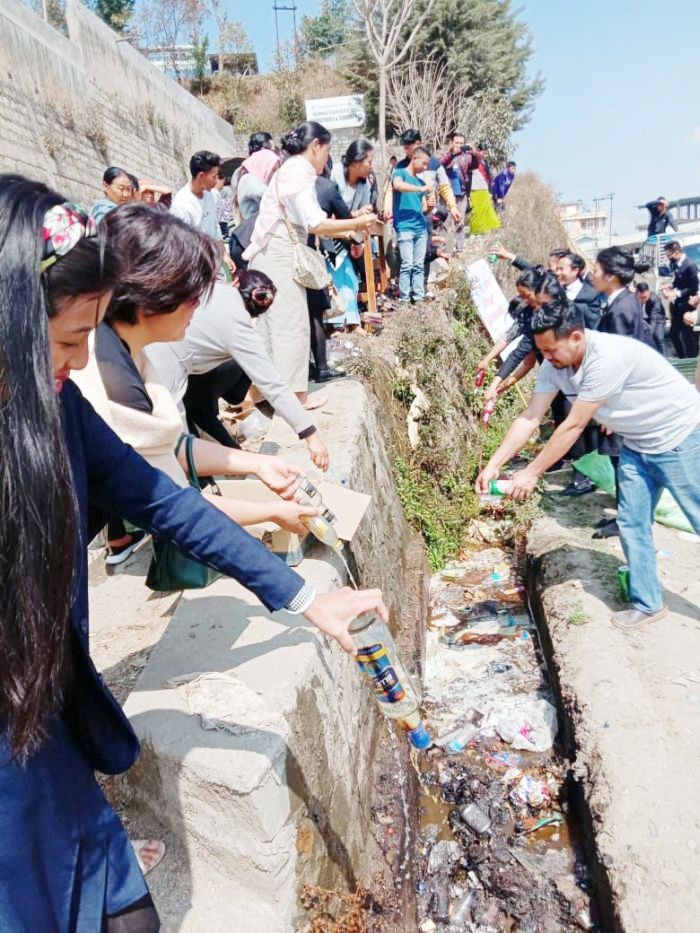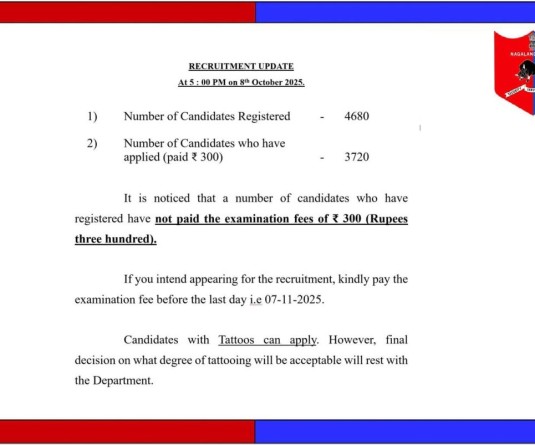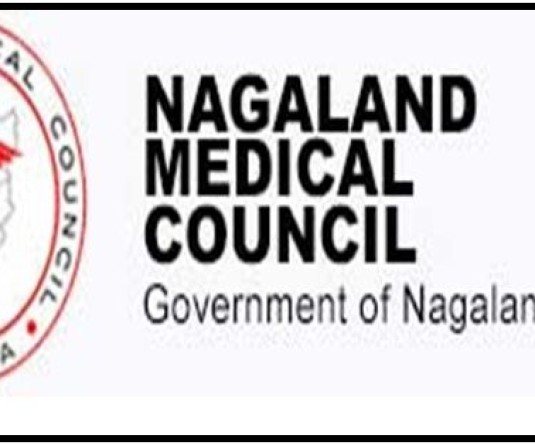Residence disposing seized ‘illegal IMFL and local brews’ in Khikha-Rüleizou colony, Kohima under the initiative of Khikha-Rüleizou Youth Organisation (KRYO) and Women Organization (KRWO). (File Photo)

Dimapur, February 22 (MExN): The Nagaland Baptist Church Council (NBCC) on Tuesday asserted its conviction that liquor in any form would do greater harm to the society and urged the state government to implement the Nagaland Liquor Total Prohibition Act, 1989 instead of indulging in ‘backdoor lobbying’ to have the Act partially lifted.
The NBCC’s statement (Full text on Page 4) comes following news reports that the State Government could be exploring to move a proposal for partial lifting of the Act during the forthcoming budget session of the State Assembly which is scheduled for March 19-25.
In the statement, NBCC General Secretary Rev Dr Zelhou Keyho stated that after three decades of the Act, “we seem to be forgetting the reason why the NBCC, the NMA and the civil society took such a persistent approach to try to eradicate liquor in our land,” and that the Act has become an object of derision for which the church is often blamed.
Underscoring that more effort and resolute power must be put in to make the Act applicable and successful, the NBCC maintained that the solution to the problem would not come through partial lifting or regulated relaxation, but by aggressively developing the mechanism to implement the Act with courage.
“As long as the Act is kept in the cold storage we will continue to come up with unrealistic proposal and approach to deal with the issue,” it said while adding that the Act will remain just a ‘paper tiger,’ if it is not fully implemented.
Calling out the government for its half-hearted approach to the Act, the NBCC questioned the logic behind partially lifting the Act when the government agency/agencies are given executive powers to implement the act, “and yet they still feel disabled to act upon it.”
In this connection, the NBCC called on the government to rationally present the loopholes in areas the Act has failed instead of only talking about “spurious-spirited-illegal flow of liquor,” while noting that there is lack of will power and “all kinds of lobbying tactics to divide the society.
Maintaining that the Act was never properly studied for implementation and the inscribed mechanisms and content of the Act were not even interpreted, the NBCC called on the government to interpretation of the Act and put it forward for deliberation.
“The success and the failure must be systematically presented for discussion so that support system can evolve,” it said while adding that the challenges faced by the implementing agency should be made known in order for the church, the Naga Mother Association, women force, youth force and civil society to step in and help.
“The mechanism/approach adopted for operation by the implementing authority must be transparent. It should point out the loopholes because the ‘construct’ lies with the government,” it suggested.
The NBCC also suggested that the state government should give a “detailed description of the entry points and how they sneak inside our State,” along with identifying the “Modus operandi, the nexus and the manufacturing spots/locations within the State.”
“Any other relevant/pertinent point for discussion be put forward so that, the public can aid in the effort of the authority for support and sustenance,” it said, while underscoring that the NLTP Act 1989 is a legislation that empowers the government to act upon. “Therefore, the agency/agencies should come out with detail and compressive strategy. Time to time frisking and confiscating the illegal transportation of liquor is appreciated and we applaud the government, particularly, the Excise Department but that is only one aspect of the empowerment,” it added.
Further, the NBCC pointed out the need for leaders who can speak boldly, put their self interest aside and think beyond “the now” for the future of the people. It reminded that “A covenant has been reached three decades ago and we cannot break that covenant.”
The move to partially lift the Act, if ever is true, will be a disastrous move, the NBCC stated, contending that there will be less revenue and more corruption and less accountability. “It will not solve the one sided argument which the government has been presenting over and over again. It will create an unsafe and dangerous situation in the society,” it added, while questioning “who is going to gain and who is going to lose?” when it comes to partially lifting the Act.
It maintained that the move was a “special favour” approach without any consideration for those who will become the victims.
Among others, the NBCC also viewed that unless an interpretation to the “clauses” and the “paras” embedded in the Act is given, “the church will always be blamed.”
“Whenever there is any discussion about NLTP Act the church is always put on the other side as the enemy of the affluent and the civilized society. But who among our leaders in power can testify the positive aspect of liquor?” it posed.
Stating that the future of the society and the generations should not become a private talk, it took a dig at the arguments that the Act should be lifted to improve the state’s economy and asserted that liquor is not the only means to generate revenue. “Illegal and evil will always be illegal and evil have many faces even if we try to whitewash,” it added.
The Nagaland Baptist Church Council, comprising of 20 Associations and 4 Associate members with 1708 churches, asserted that the NLTP Act is a hard-earned Act not only for the church but more importantly, the people and the generations to come, and as such, urged the government to implement the Act and “stop backdoor lobbying, leaving the major stakeholders in the dark.”
“The church will not lobby but prayerfully work out the action plan because we still believe and are convinced that liquor in any form will do greater harm to our society,” it added.






